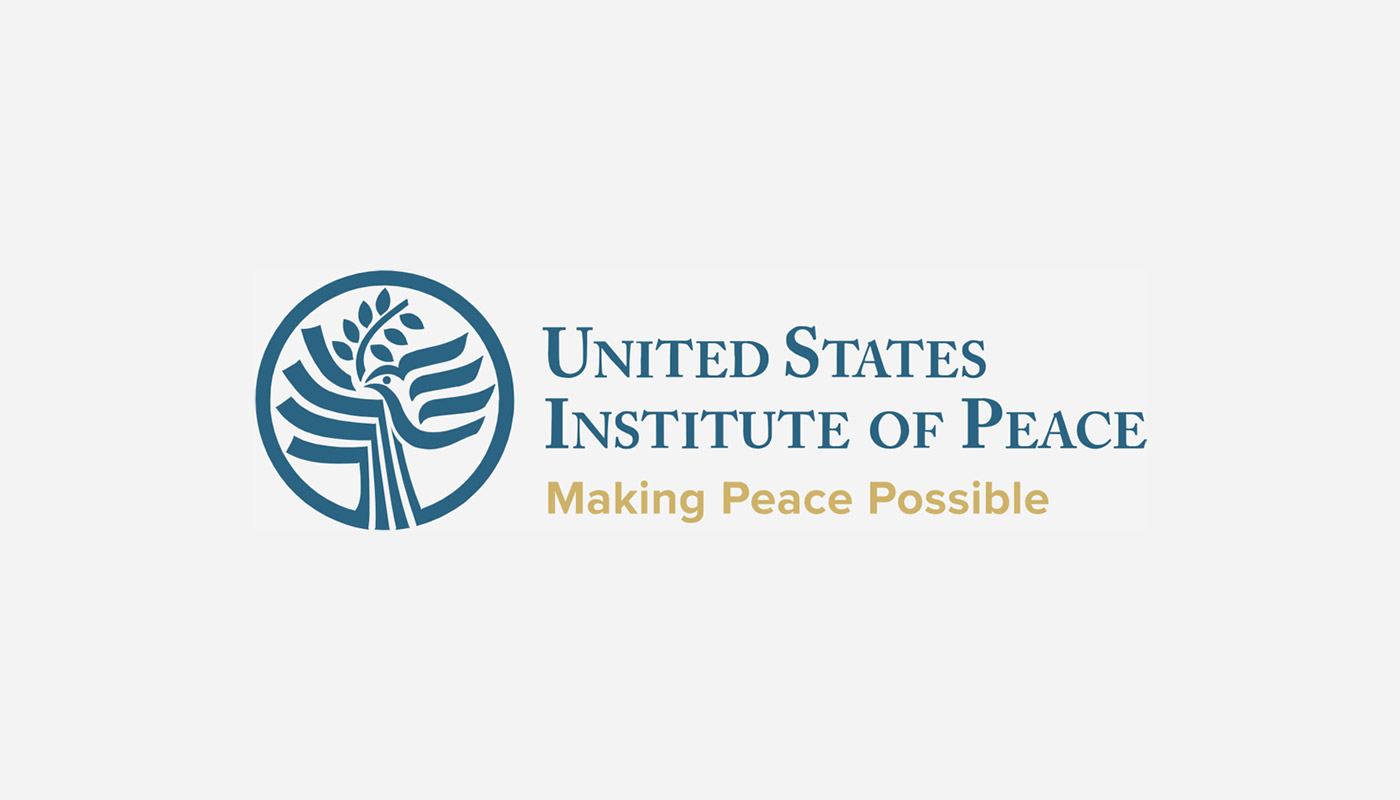Impact Assessment of ‘Strategic Economic Needs and Security Exercise (SENSE)’ project in Iraq
United States Institute of Peace (USIP)
United States Institute of Peace (USIP)
1 month
Monitoring_and_Evaluation
The United States Institute of Peace (USIP) has implemented the Strategic Economic Needs and Security Exercise (SENSE) in Iraq since 2005 with beneficiaries from government ministries and departments, non-governmental institutes, and civil society.

The United States Institute of Peace (USIP) has implemented the Strategic Economic Needs and Security Exercise (SENSE) in Iraq since 2005 with beneficiaries from government ministries and departments, non-governmental institutes, and civil society. SENSE is a computer facilitated simulation that was originally designed by the Institute for Defense Analysis (IDA) for use in post-war Bosnia. Between 2005 and 2008 an Iraqi NGO was running the programme with USIP’s assistance and in 2008 the implementation was shifted to in-house to USIP where a SENSE Iraq team was established. The team then continued to successfully implement training sessions in Iraq between 2009 and 2012.
The overall aim of the programme is to strengthen the negotiation, conflict resolution, strategic planning, and decision-making skills within individual ministries and departments, as well as to bring governmental and non-governmental organizations together to address issues of relevance to the development of the country.
The aim of this evaluation was to provide a final independent evaluation of the USIP-led project designed to strengthen local capacities to prevent, manage and resolve conflicts peacefully. The evaluation analysed project outcomes within the timeframe of the project by comparing those outcomes against stated objectives and by referring to the indicators of achievement established at the outset and contained in the project’s Logical Framework document. The evaluation examined project concept and design and capacity building and sustainability factors. The final report highlighted key findings on programming issues, lessons learned, and provided recommendations for follow-on programming.
The overall findings of the evaluation were positive, and the participants found the exercise to be relevant to the context of Iraq, effective in achieving its goals and objectives, and well executed. The level of demand from government departments and ministries as well as interest from organizations to partner with USIP to conduct the training program indicates the relevance of the programme and recognition of its benefits to the country.